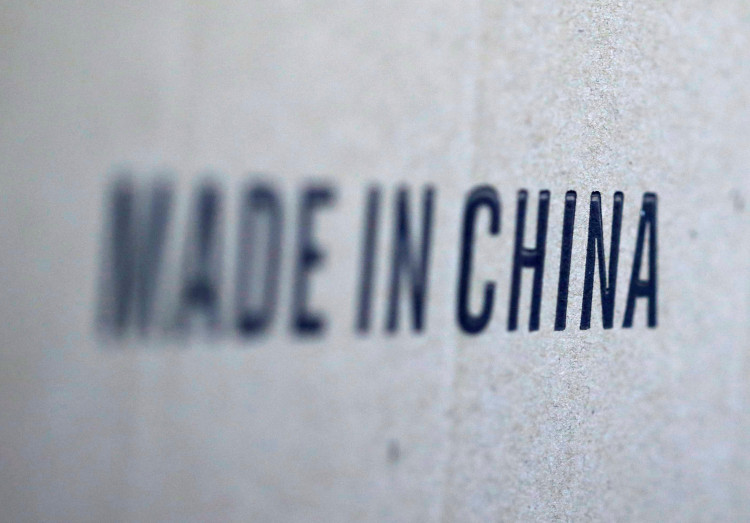Wong Ka-wo, chairman of the Hong Kong-based food and beverage producer Kampery Development, believes his customers will continue sipping his line of instant teas and coffees regardless of whether they are labeled as "Made in China" or "Made in Hong Kong."
One of Kampery Development's best known brands, which is popular in many overseas Chinese communities, is simply called Dai Pai Dong, or "Local Street Café" in English – seemingly a name without provenance.
"Since we have successfully built our brand, consumers would recognize the brand rather than the place where the products are manufactured," he said, referring to the brand's universal appeal.
Wong, who is also chairman of the Chamber of Food & Beverages Industry of Hong Kong and the Hong Kong Brand Development Council, is making plans to adjust the labeling on his products to "Made in China" from "Made in Hong Kong" by September 25.
The U.S. Customs and Border Protection demanded that Hong Kong make the switch in a ruling it made on August 11 in response to Hong Kong's recent introduction of controversial National Security Legislation. Hong Kong has said it will first seek consultations with the U.S. on the matter before taking it to the World Trade Organization, where it will seek a resolution under the WTO's dispute-settlement mechanism. The U.S. demand could be overruled since Hong Kong is a separate customs territory, as stipulated by the WTO.
But for now, Hong Kong businesses are preparing for the switch. Raymond Young Lap-moon, CEO of The Chinese Manufacturers' Association of Hong Kong, is confident the impact of the switch to "Made in China" labeling will be minimal on Hong Kong businesses.
Although the U.S. actually enjoys a trade surplus with Hong Kong – exporting more of its goods here than it buys from Hong Kong – in 2019 Hong Kong exported US$471 million worth of locally manufactured goods to the U.S. The majority of those, or close to 90 percent, were originally from Mainland China.
But Young believes the "Made in Hong Kong" brand distinguishes itself as a mark of quality to many overseas customers, and that removing it will prompt a re-think of marketing strategies.
Young explains that some Hong Kong companies set up their production lines in Hong Kong despite the higher operating costs because they see the territory's safety and hygiene standards as being much more stringent than many other places – especially in the pharmaceuticals, high-end jewellery, and food and beverage sectors.
"Some U.S. importers would only consume Made in Hong Kong-products –that's one of the requests they made to one of the well-known bakery brands of Hong Kong, which has a production line in both mainland China and Hong Kong," Young said.
It's especially challenging for newer brands to tackle overseas markets, especially if they play "Made in Hong Kong" as their main card. Young suggests companies may have to put more effort into branding and marketing to emphasize the role of Hong Kong. It would also be helpful if they include information like their factory address on the packages, to showcase the origin of their products in a more specific way.
But there's no doubt that the U.S.-China tensions have created a critical situation for companies and brands in Hong Kong.
"It's important to make sure Hong Kong companies or brands don't get into political conflicts," said Ray Rudowski, founder and managing director of Epic Communications. "They have to focus on maintaining customer loyalty and delivering the product or service they branded or created. That would distinguish you."
Added Wong: "We have to reposition our brand and redesign the packaging to fit the requirement, but not sacrifice the brand image."





